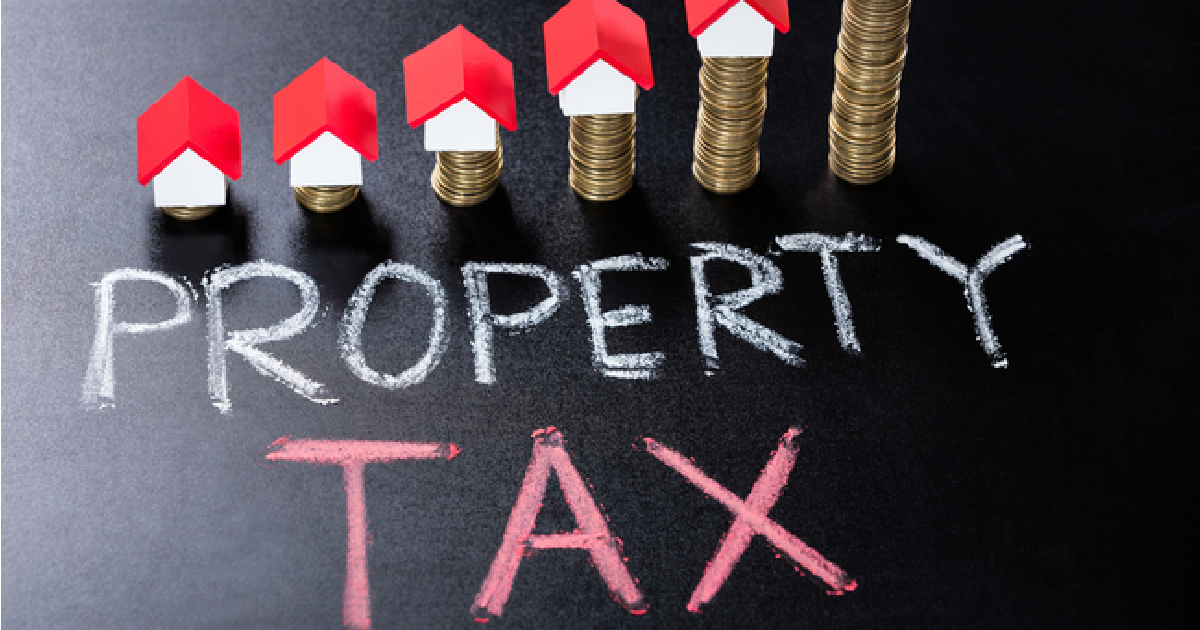Progress Report on Romchek Irrigation System in Prey Veng Province
Significant strides have been made in the development of the Romchek irrigation system, which is now nearly 20% complete and poised to enhance agricultural productivity across the region. This comprehensive irrigation initiative is designed to serve a total area of nearly 2,000 hectares, ensuring both wet and dry rice fields receive the necessary water supply. […]
Luxembourg donates €2 million to Cambodia for demining activities
Luxembourg has provided €2 million to support mine clearance activities in Cambodia, marking a significant step towards enhancing the safety and livelihoods of communities affected by landmines. This announcement was made in a press release by the Cambodian Mine Action Authority on March 31, 2025. The formal signing of the grant agreement occurred on April […]
National Road 48 Rehabilitation Project Nears Completion
In a significant development for regional connectivity, the rehabilitation of National Road 48, which spans 148 kilometers from Sre Ambel to Koh Kong province, is now 94.30% complete. The ambitious project aims to enhance transportation, logistics, and tourism along this vital economic corridor. The progress was confirmed during a recent inspection led by His Excellency […]
Strengthening Economic Ties Between Japan and Cambodia
In a significant development aimed at bolstering economic relations, Japan has proposed an initiative to enhance investment in Cambodia by fostering partnerships between small and medium-sized enterprises (SMEs) in both nations. This collaborative effort was the focal point of a meeting between H.E. Vongsey Vissoth, Deputy Prime Minister of Cambodia, and H.E. Takahashi Fumiaki, President […]
Cambodia’s Star Casino Asset at Centre of Donaco’s USD 55.6 Million Takeover by On Nut Road
Donaco International’s flagship Cambodian asset, the Star Vegas casino and hotel complex in Poipet, is now at the heart of a USD 55.6 million acquisition deal by On Nut Road, a Hong Kong-based special purpose vehicle managed by Argyle Street Management. As part of the takeover, shareholders will receive USD 0.045 in cash per Donaco […]
Border Ring Road Construction Progress Approaches 40% Milestone
The construction progress of the highly anticipated border ring road has reached nearly 40%, marking a significant step forward for the project. Currently, approximately 39.92% of the total construction plan has been completed, as reported in a press release today. The initiative, funded by the Border Infrastructure Fund (BIF), aims to enhance connectivity along the […]



 ខ្មែរ
ខ្មែរ







